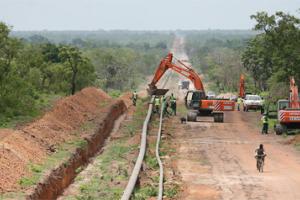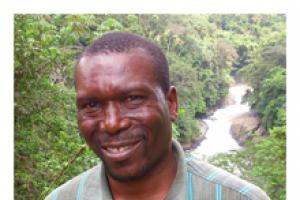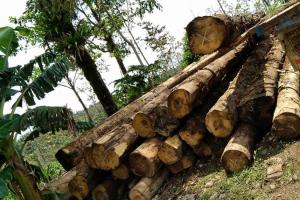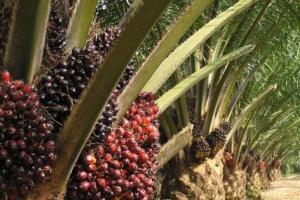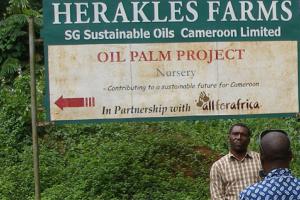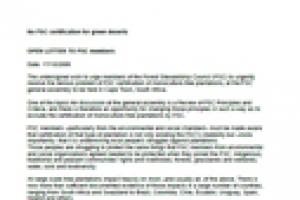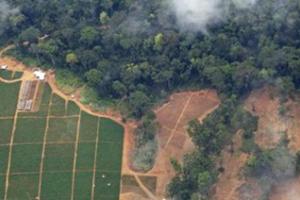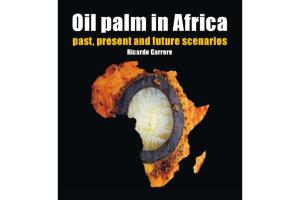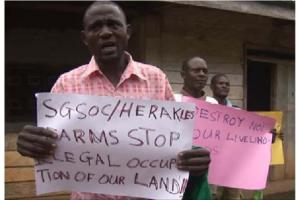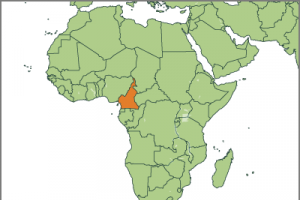Korinna Horta, in UNRID, The Politics of Resource Extraction.
Cameroon
Other information
4 July 2014
Bulletin articles
4 July 2014
Action alerts
17 June 2014
Press release by GRAIN | Oakland Institute | World Rainforest Movement
Contacts:
Nasako Besingi, Struggle to Economize Future Environment (SEFE)
+23775136000 nasako.bondoko@gmail.com
Other information
10 June 2014
In a context of massive land concessions in Cameroon over the last five years, apresidential decision in 2013 to grant the US based company Herakles Farms almost 20,000 ha of native land for the establishment of a large-scale oil palm plantation ignored the long local people and organizations’ opposition to the projectthat would destroy a densely forested area.The move raised a broadly supported international “call to action” in December 2013 demanding the President to cancel the decision.
Other information
10 June 2014
A report by Greenpeace that reveals how the oil palm plantation being developed by the US based Herakles Farms in the southwest region of Cameroon – an area of great biodiversity surrounded by five protected areas – pose a serious threat to forests and forest dependent communities.
Bulletin articles
7 May 2014
The expansion of industrial oil palm plantations in Africa: A call for greater solidarity and action
In late 2013, a group of representatives of African, Indonesian and international NGOs met with members of La Via Campesina and the African Biodiversity Network in Calabar, Nigeria, to address the massive expansion of industrial oil palm plantations on the African continent and discuss, in particular, the situation in Nigeria, Sierra Leone, Liberia, Cameroon, Benin, Côte d’Ivoire, the Democratic Republic of Congo and Gabon.
Action alerts
29 January 2014
Herakles Farms is engaged in the development of a controversial 20,000 ha oil palm plantation in the South-West Region of Cameroon that faces strong opposition from affected communities.
Action alerts
29 January 2014
On 29 January 2014, a letter was sent by several NGOs to relevant UN Special Rapporteurs requesting they investigate and intervene in these cases of acts of repression and criminalisation of local organisations and activists in Cameroon.
You can learn more about the case here:
Bulletin articles
23 December 2013
Photo: credito: Greenpeace/Alex Yallop
On 25 November 2013, the President of Cameroon issued three decrees granting 19,843 ha of native land to SGSustainable Oils Cameroon/Herakles Farms in southwest Cameroonfor the establishment of a large-scale oil palm plantation.
Publications
30 August 2013
Governments are opening the doors to corporations for planting vast areas of land with oil palm plantations. This trend is not only happening in West and Central African countries, but is even expanding to parts of Eastern Africa. Large scale oil palm plantations are already causing serious environmental and social impacts in some countries, resulting in loss of community rights over their territories.
Bulletin articles
30 October 2012
